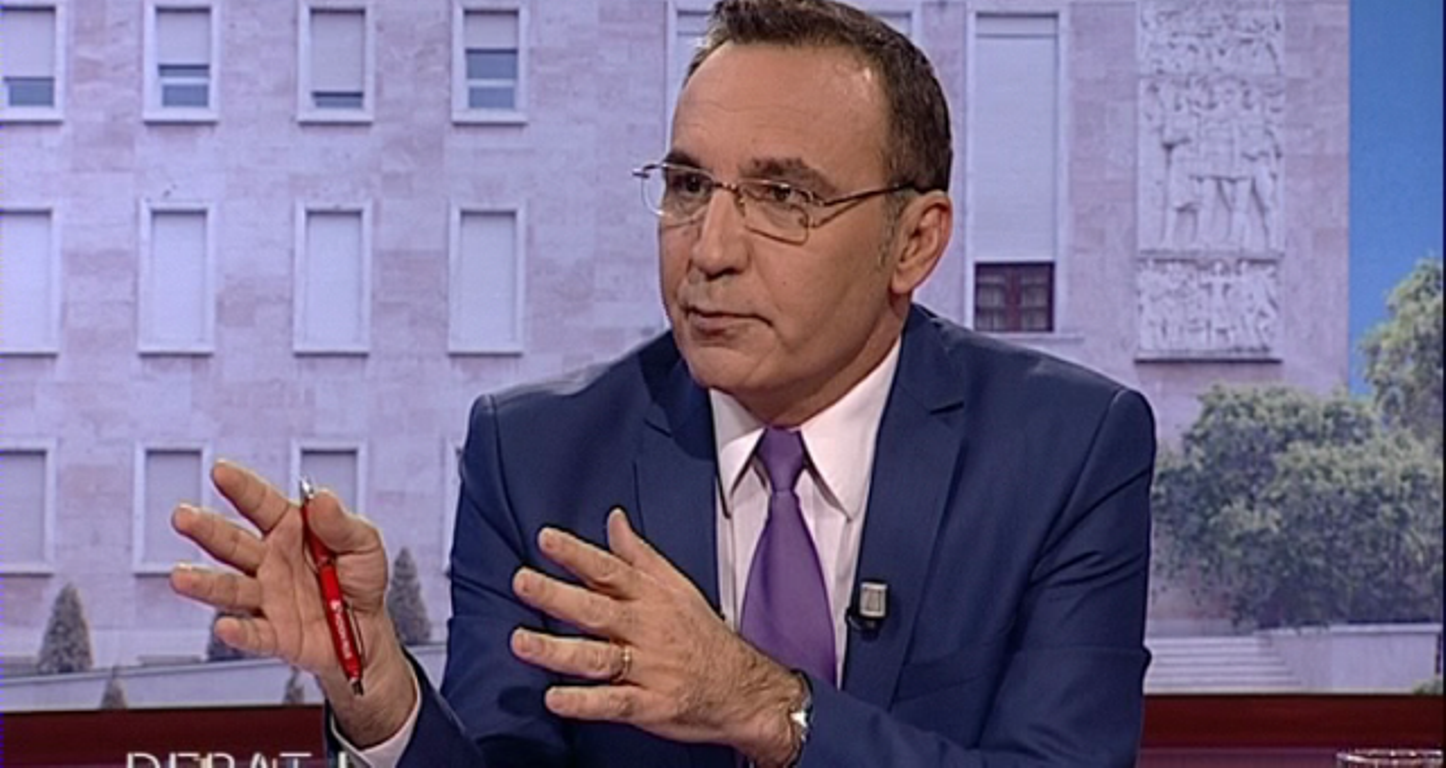
By Eduard Zaloshnja
This weekend, the Democratic Party will convene its National Assembly, in order to elect its structures. Following two consecutive defeats under Lulzim Basha’s leadership, the new team will have the difficult task of attracting the voters who have been lost in the past few years with the hope of achieving a better result in five months time, in the local government elections. Let us analyze how difficult of a task this is for Basha and his new team.
In the past two decades, the so called right wing parties managed to win a record number of votes in the 2009 elections with almost 750 thousand votes. Meanwhile, the so called left wing parties managed to achieve this record number in 2013 with 1 million votes.
After the 2013 elections, I carried out an opinion poll for the German foundation Konrad Adenhauer to work out the number of people who come from families who were persecuted from the communist regime for political reasons or proprietorship reasons. The results showed that 800 thousand adults belonged to this category. Quarter of them was from communist families, which were eventually persecuted by Enver Hoxha. We have the case of Mehmet Shehu’s family, Todi Lubonja, Kiço Angjeli, Beqir Balluku and thousands of others.
The opinion poll in question suggested that in the 2013 elections, half of the 800 thousand voters coming from persecuted families had voted for the so called right wing parties; a quarter of them had not voted at all, while a quarter had voted for the so called left wing parties. This shows that the so called right wing parties had started to have a deficit of at least 200 thousand votes among within their electorate since 2013 (meaning, a quarter of those 800 thousand voters coming from persecuted families which decided not to turn up in the polling stations).
In the 2017 elections, the electoral deficit of the right wing parties deepened even further–they went down from 680 thousand votes in 2013 to 460 thousand votes in 2017 (see the chart attached). After the 2017 elections, I have not carried out any opinion polls similar to the one I carried out four years ago for the German foundation Konrad Adenauer, but a few months ago, I carried out a survey for a magazine which is published in English here in Tirana. This opinion poll helps us determine the potential pool of votes of the right wing in Albania.
In this opinion poll that I carried out a few months ago, I wanted to see what the was public’s opinion on the key political figures in the country (Prime Minister, former Prime Minister, President, former President, Parliamentary Speaker, former Parliamentary Speaker, etc). The opinion poll suggested that 635 thousand voters living in Albania have a positive opinion on former PM Berisha, while 640 thousand of them have a positive opinion on former Parliamentary Speaker Topalli.
The fact that these are two of the most prominent historical figures of right wing parties (one of them has served as party chairman for 22 years, while the other has served as party vice chairman for 16 years), should be taken into account by those voters who are inclined to vote right wing parties. This is why I came up with a simple algorithm which extrapolated an approximate number of voters living in Albania who have a positive opinion on Berisha or Topalli or both of them. The total number was 950 thousand (see the table). Meanwhile, the number of voters who have a positive opinion on Lulzim Basha is 360 thousand (as opposed to 460 thousand who voted right wing parties in 2017).
| Positive opinion | % | No. of voters (by etrapolation) |
| On Berisha | 30.3% | 635,000 |
| On Topalli | 30.5% | 640,000 |
| Either on Berisha, or Topalli, or both of them | 45.0% | 950,000 |
| On Basha | 17.2% | 360,000 |
As we can see, the difference between the votes received by right wing parties in the last elections and the potential pool of votes of the right wing is almost half a million (950,000 – 460,000). And this can be explained by the fact that the official leader of the right wing (Basha) has a lower approval rating than the votes received by right wing parties (only 360 thousand living in Albania have a positive opinion on Basha).
For this reason, if right wing parties really want to come into power one day, they should either elect a new leader (supported by both Berisha and Topalli) or force Basha into becoming a more trusted leader for those 500 thousand right wing voters who did not vote in 2017.
Note: The views expressed in this article are the author's own and do not necessarily reflect Albanian Free Press’ editorial policy





 ALB
ALB
 ENG
ENG
